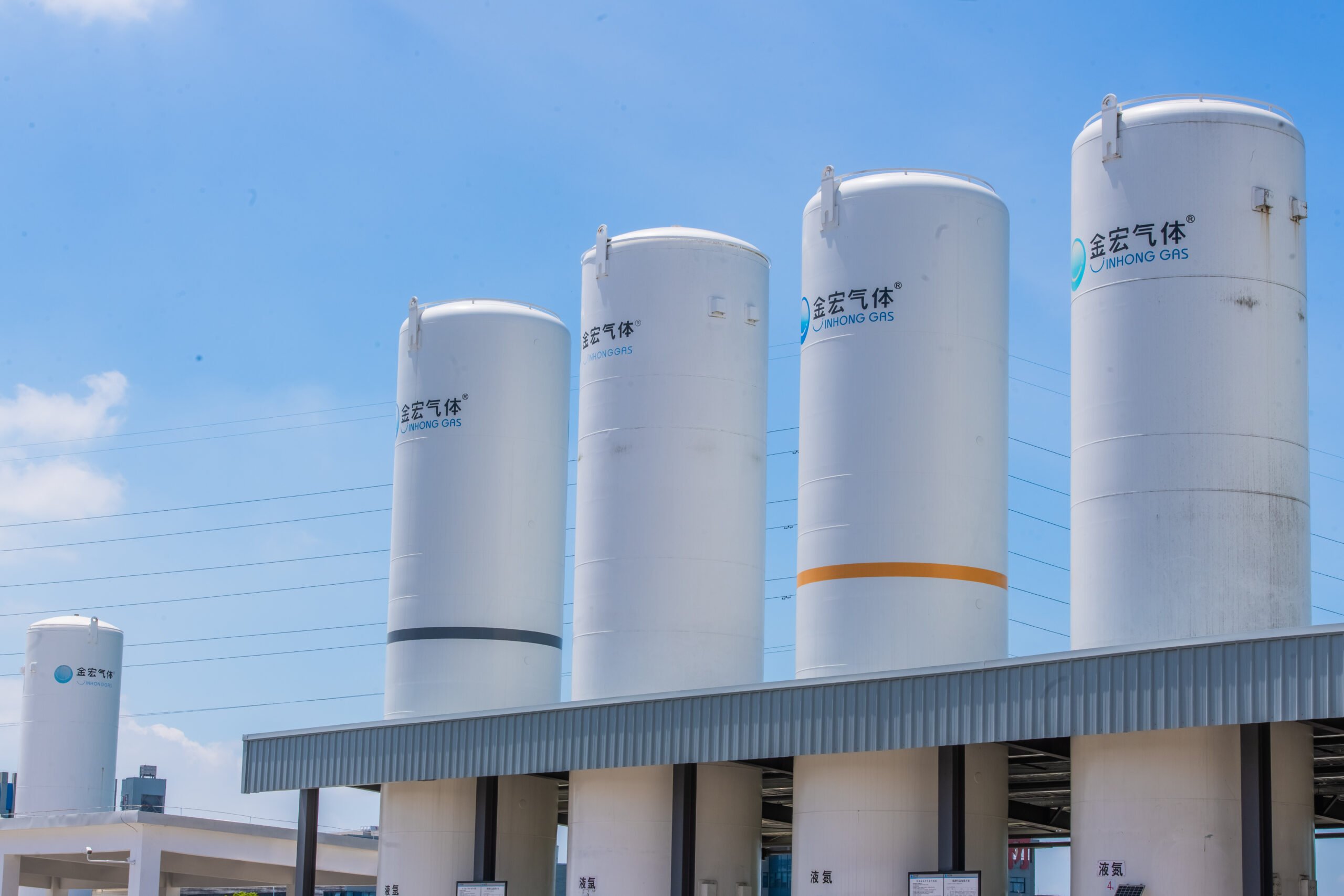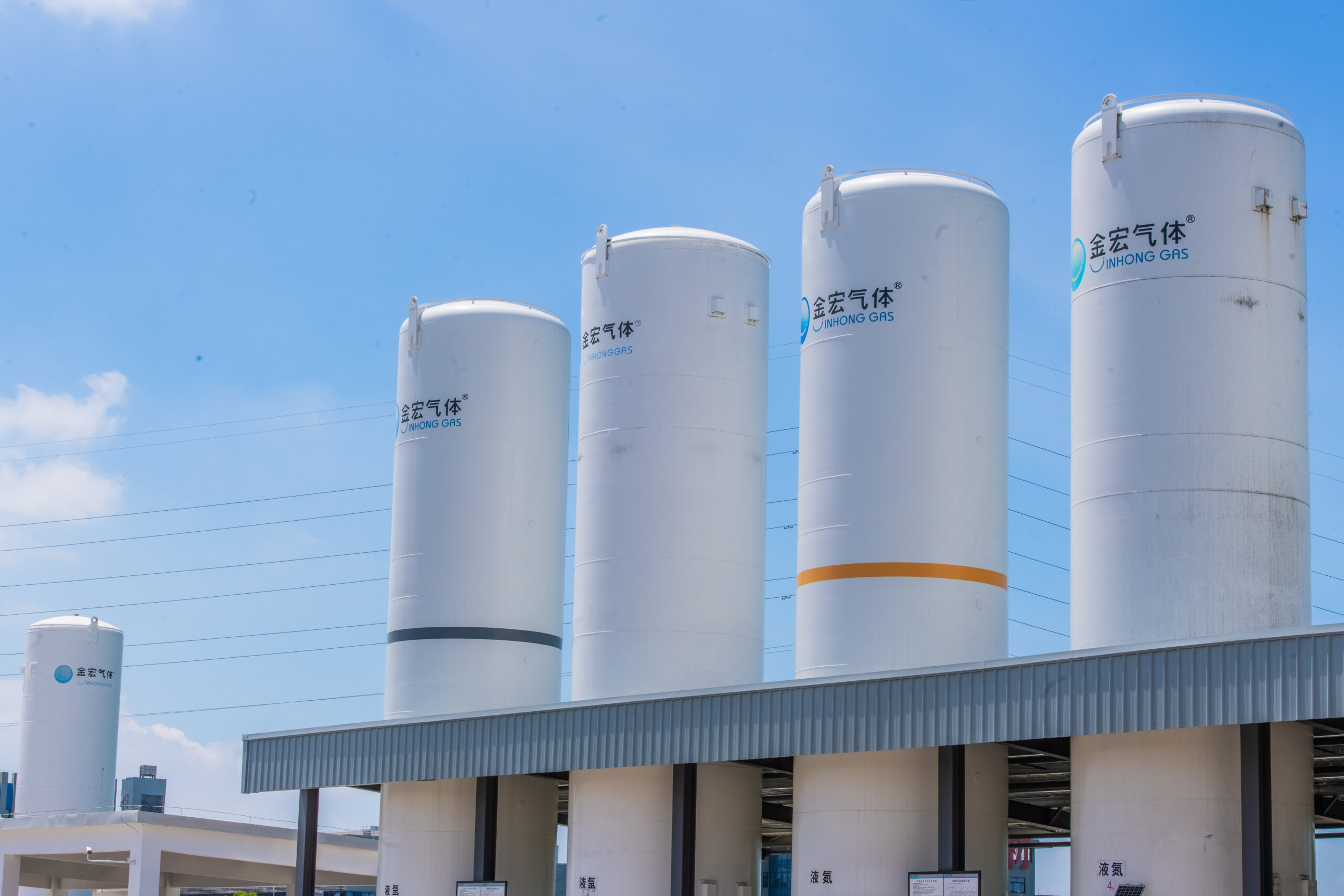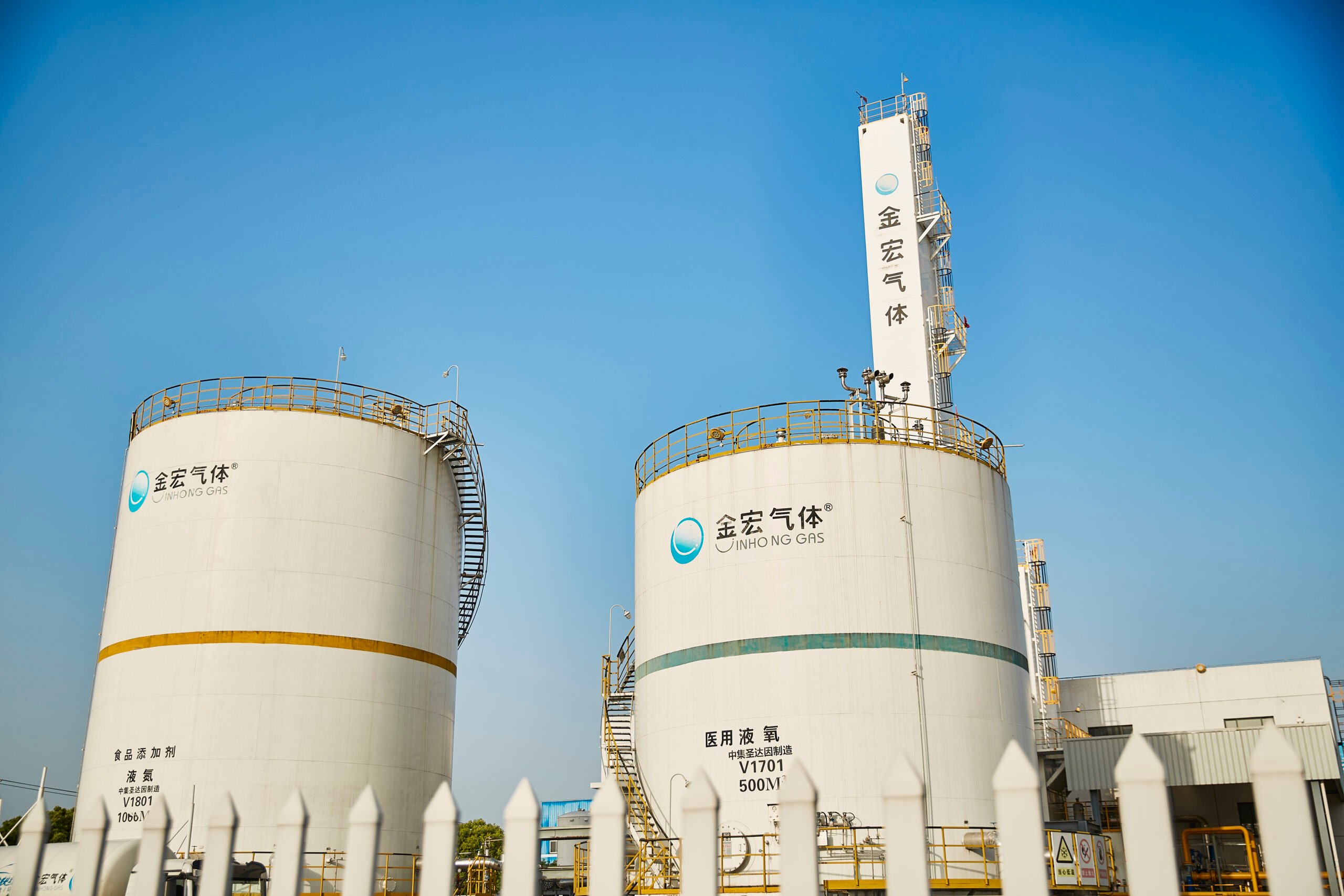If you’re in need of argon gas, whether for industrial use, medical applications, or even personal projects, knowing where to buy argon gas and understanding its uses and benefits is essential. In this article, we’ll explore the various applications of argon, how to buy it safely, and what factors you should consider before purchasing.
What is Argon Gas?
Argon (Ar) is a colorless, odorless, and non-reactive noble gas. It makes up approximately 1% of the Earth’s atmosphere and is widely used in industries requiring an inert atmosphere to prevent chemical reactions. Argon is non-flammable and has a variety of applications, making it one of the most commonly used gases in industrial, medical, and scientific environments.
Why Buy Argon Gas?
Argon has several practical applications across various fields. Some of the most common uses include:
Welding: Argon is often used as a shielding gas in welding, providing an inert environment that prevents oxidation of the metal being welded.
Medical Applications: Argon is used in medical technologies, including in argon plasma coagulation for surgeries.
Lighting: Argon is commonly used in incandescent and fluorescent lighting to prolong bulb life and to create the signature neon lighting effect.
Glass Manufacturing: Argon is used in double-pane windows for insulation and energy efficiency.
Scientific Research: Argon is utilized in laboratory environments for various research applications, particularly in areas requiring controlled environments for experiments.
Where Can You Buy Argon Gas?
There are many sources for purchasing argon gas, but it’s important to ensure that you’re working with a reputable supplier. Here are some common places where you can buy argon:
Gas Suppliers: Most large industrial gas suppliers, such as Air Products, Linde, and Praxair, offer argon gas in various forms, including pressurized cylinders or bulk deliveries.
Local Gas Distributors: Many local distributors specialize in providing gases to small businesses and individuals for specific applications like welding or research.
Online Suppliers: For convenience, online suppliers also offer argon gas for sale. These platforms often allow you to order cylinders or even request custom deliveries depending on your needs.
What to Consider When Buying Argon Gas
Before you make a purchase, keep the following factors in mind to ensure you’re getting the best deal:
Cylinder Size: Argon gas is available in various cylinder sizes, ranging from small portable cylinders to large bulk tanks. Make sure you select the appropriate size for your application.
Purity Level: The purity of the argon gas can vary. For most applications, a purity of 99.9% is sufficient. However, for highly sensitive uses like electronics manufacturing or medical procedures, higher purity levels (e.g., 99.999%) may be required.
Delivery Options: If you need large quantities or frequent refills, look for suppliers offering bulk delivery or on-site delivery options for convenience.
Safety Regulations: Ensure that the supplier follows all necessary safety regulations for handling and transporting compressed gases. Proper storage and handling are crucial to avoid accidents.
How Much Does Argon Gas Cost?
The cost of buying argon gas can vary depending on several factors:
Cylinder size: Larger cylinders typically cost more but offer a better price per unit of gas.
Purity: Higher purity gas tends to be more expensive.
Location: Prices may differ depending on your geographical location and local gas supply.
Delivery and Handling Fees: Consider any delivery or service fees that may apply.
Typically, smaller argon cylinders for welding or other light industrial uses can range from $100 to $300 per cylinder, with larger bulk purchases costing considerably more.
How to Store Argon Gas Safely
When buying argon gas, it’s crucial to understand how to store it safely:
Store in a cool, dry place away from direct sunlight and heat sources.
Ensure proper ventilation in storage areas to avoid the accumulation of gas in case of a leak.
Secure the cylinders: Use a stand or brackets to prevent the cylinders from falling or tipping over.
Handle with care: Always handle argon cylinders with gloves and never allow them to fall or be dropped.



